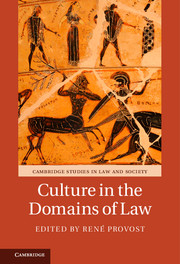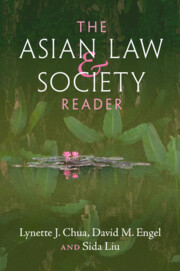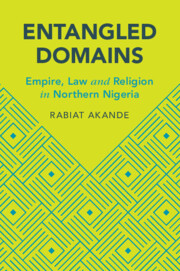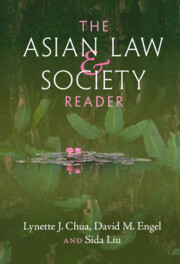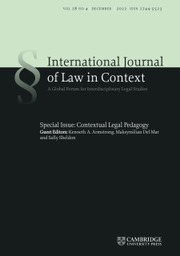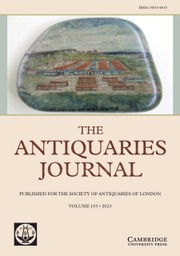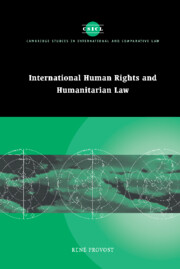Culture in the Domains of Law
What does it mean for courts and other legal institutions to be culturally sensitive? What are the institutional implications and consequences of such an aspiration? To what extent is legal discourse capable of accommodating multiple cultural narratives without losing its claim to normative specificity? And how are we to understand meetings of law and culture in the context of formal and informal legal processes, when demands are made to accommodate cultural difference? The encounter of law and culture is a polycentric relation, but these questions draw our attention to law and legal institutions as one site of encounter warranting further investigation, to map out the place of culture in the domains of law by relying on the insights of law, anthropology, politics, and philosophy. Culture in the Domains of Law seeks to examine and answer these questions, resulting in a richer outlook on both law and culture.
- Maps the interaction between law and culture in a perspective that is legal but not reductive towards culture
- Embraces legal pluralism, resulting in a meeting of law and culture to provide a richer view of both
- Offers a transversal outlook on the legal responses to claims of cultural difference in different contexts, enriching our understanding of the nature of law
Product details
February 2017Hardback
9781107163331
467 pages
235 × 158 × 30 mm
0.8kg
Available
Table of Contents
- 1. Centaur jurisprudence - culture before the law René Provost
- Part I. Accommodation of Minority Cultural Practices:
- 2. Legal pluralism and the interpretive limits of law Anthony Connolly
- 3. Family law, state recognition and intersecting spheres/spaces: Jewish and Muslim women divorcing in the UK Pascale Fournier
- 4. Customary norms vs state law. French courts' responses to the traditional practice of excision Lucia Bellucci
- Part II. Aboriginal Law:
- 5. Law, culture, fact in indigenous claims: legal pluralism as a problem of recognition Kirsten Anker
- 6. On perpetuity: tradition, law, and the pluralism of Hopi jurisprudence Justin Richland
- 7. Existing in the hyphen: on relational legal culture Jen Hendry
- 8. The unexpected effects of the recognition of indigenous rights in New Caledonia: the story of an assimilation measure becoming the trigger for the acculturation of the French legal system Thomas Burelli and Régis Lafargue
- Part III. Alternative Dispute Resolution:
- 9. Cultures of conflict: welcoming and resisting 'non-Western' influence in alternative dispute resolution Eric Reiter
- 10. Rebalancing power and culture: the case of alternative dispute resolution Morgan Brigg
- 11. Grassroots law in context: moving beyond the cultural justification Kristin Doughty
- Part IV. Law in Conflicts:
- 12. Cannibal laws René Provost
- 13. Beyond the paradox of exporting the rule of law: resilience and the war on drugs in the Americas David Chandler.

